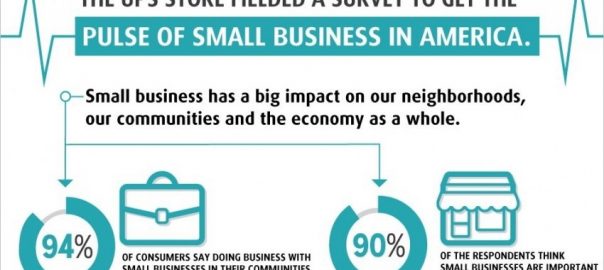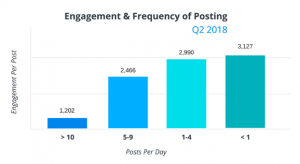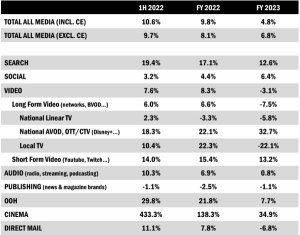— January 11, 2018

As apocalypses go, a “retail apocalypse” doesn’t sound too bad. That is, unless you’re a business owner. Then it might send a shiver down your bottom line. And if you think this is just the end of big box retailers like the recently gutted Sears and Toys R Us, that’s not quite the case.
Studies have shown that when big retailers close up shop, it can hurt the smaller businesses around them. Here’s an example of how that happens, from an Inc article:
Yogibo, which sells bean bag chairs and other casual furniture, had to work harder to make itself more visible to shoppers after Sears vacated parts of its stores in malls in Freehold, New Jersey, and Danbury, Connecticut, CEO Eyal Levy says. The retailer had a 10 percent sales slide while the Sears space was vacant, and also has had lower sales since a J.C. Penney store shut in Natick, Massachusetts two years ago.
But as the article points out, people still need to shop somewhere. And while not having that big box competition can be a benefit to some SMBs as they pick up these customers, here’s the rub: less foot traffic means people will shop at home more often. And that means competing with Amazon, the one that’s been killing off the big box retailers in the first place. And Amazon had a really, really good holiday season.
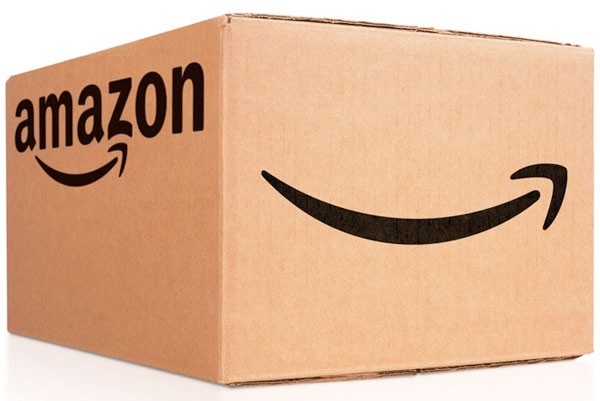
Just look at that knowing smirk.
So there’s an opportunity here to cater to shoppers who used to frequent recently shuttered stores, before they migrate to Amazon. Here’s how referral marketing can help you capture these shoppers and thrive in the apocalypse.
1. Use word-of-mouth to be the shoppers’ answer.
When shoppers can’t hit their local big box retailer anymore, they’re going to start asking their friends and family where they should go to buy certain products. Well, that’s literally the definition of referral marketing.
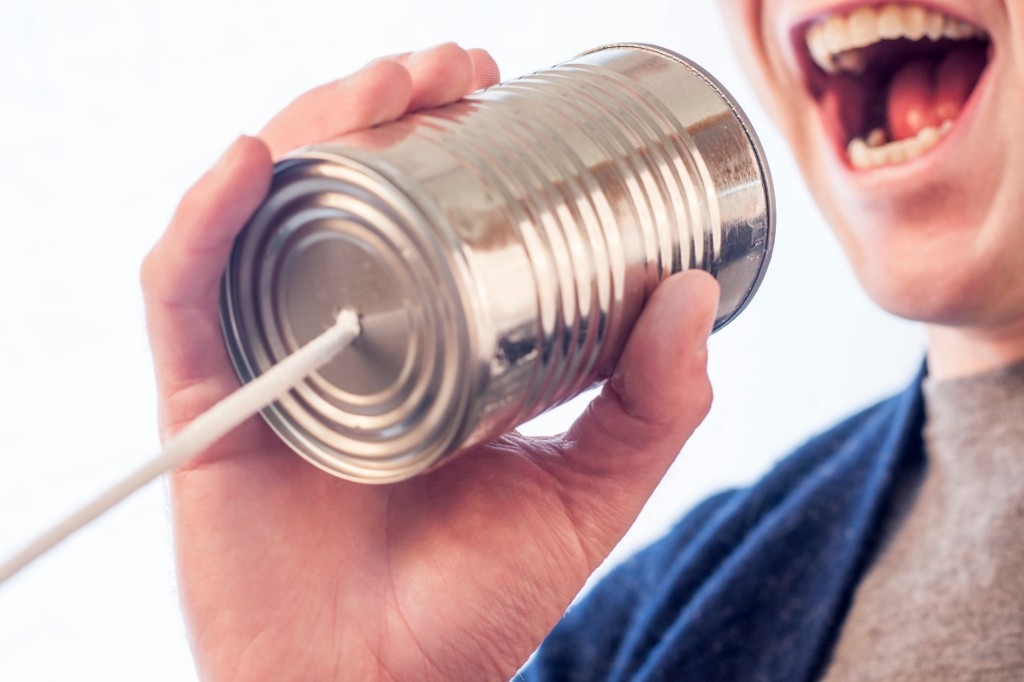
Do you know where to buy a cell phone? Asking for a friend.
If you’re an SMB with a storefront near a closing big box retailer, now is the best time to double-down on your referral network. If you don’t already have a referral plan in place, now is the time to start one. If you do, then consider raising commissions, creating bonus incentives, and communicating directly with your referral partners to get the word out. Time is of the essence!
When newly-orphaned shoppers ask, your referral network can position your business to be their shopping solution. And your partners can even buffer them from going over to Amazon because…
2. Use referral partners to exhibit a real persona.
Despite the smile on their boxes, Amazon is about as impersonal as it gets. That doesn’t much matter when someone is looking to buy, say, toothpaste; but for niche purchases, your small business can stand out if you have a persona and identity.
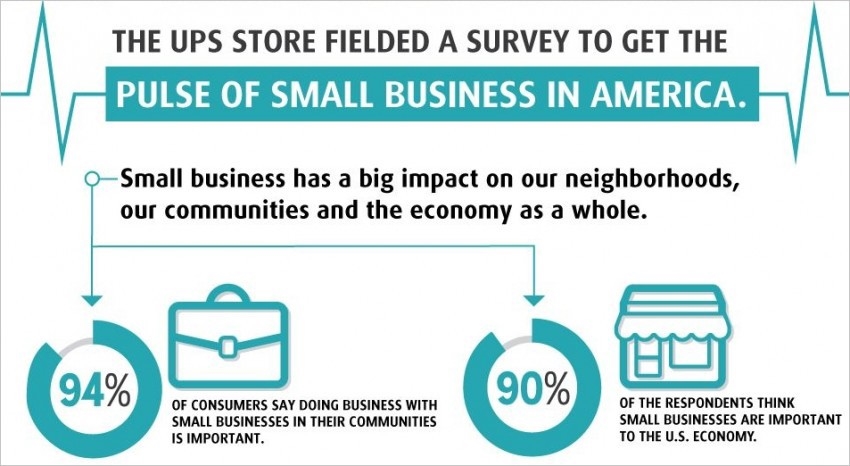
In 2014, a UPS survey showed that 94% of consumers considered doing business with SMBs in their community to be important. So the desire to shop apart from Amazon is there, it’s just tough to compete with Amazon’s prices. But shoppers will turn your way with good enough reason.
This is why having a “network of advocates” in your referral program is so important to bringing in new customers, as they are the voice of your brand. Your company isn’t just a business, but a business represented by a shoppers’ friends, family, and followed influencer. Referrals convey a trusted persona that can be the difference in tipping orphaned-shoppers to your SMB.
3. Earn more from the customers you already have.
Everyone knows that it costs much more to acquire a new customer than to retain one. But what you may not know is that it’s not simply “less costly” but also more profitable (and not just due to cost savings).
According to research by Bain & Company, increasing customer retention rate by 5% increases profits by 35% to 95%. It’s a disproportionate win because it’s simply easier to get current customers to buy more from your business. Again, a good referral program helps you take advantage of these numbers.
Referral marketing breeds loyalty, we already know, but your SMB can “cash in” that loyalty by offering discounts and coupons to your own products. “Refer a friend? Get 20% off your next order with us!” It’s obvious, but no other marketing campaign can compete with this type of incentive to gain repeat business.
During a “retail apocalypse,” it’s especially important to maximize the LTV (life time value) of your current customers. And remember, every customer you keep also means your network of referrals is that much larger.
With rumors of Amazon acquiring Target along side the realities of the fall of big box retailers like Macy’s, the best way for a small business to thrive is to develop a community around its brand. Referral marketing is the best way to develop this community that can buffer your SMB against the ecommerce juggernaut. And well, maybe this “apocalypse” won’t be so bad after all!

Business & Finance Articles on Business 2 Community
(58)
Report Post